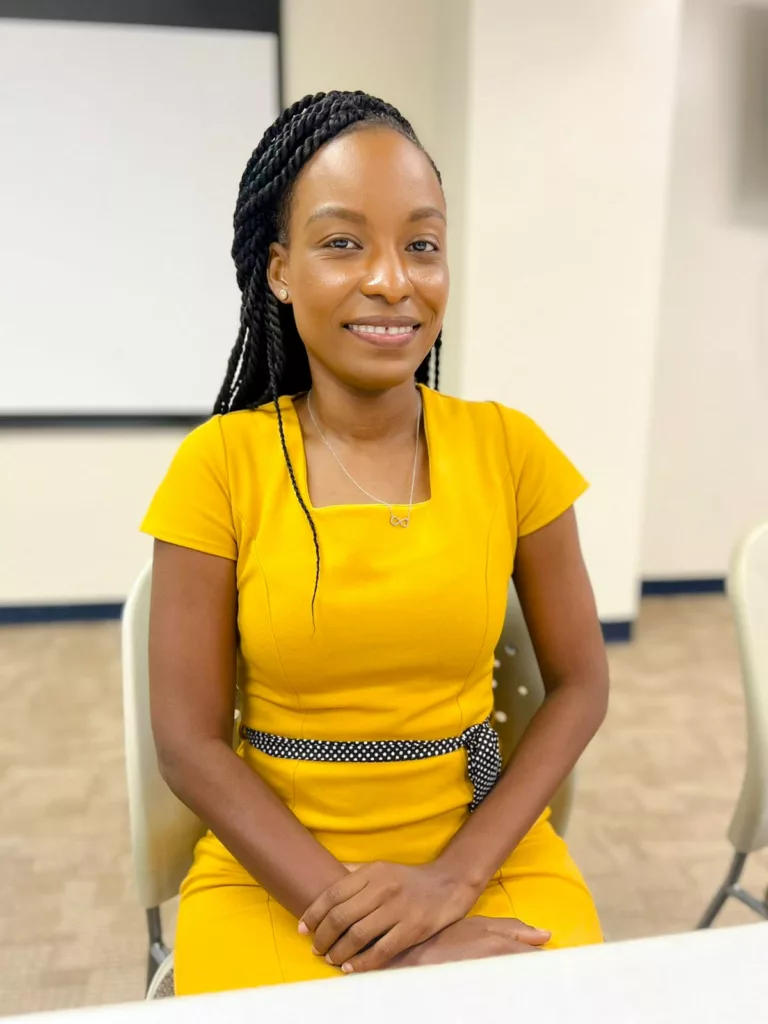The World Bank believes that the development of human capital is key to ending extreme poverty and creating more inclusive societies. Human capital includes “the knowledge, skills, and health that people accumulate throughout their lives, enabling them to realize their potential as productive members of society”.
Literacy development is therefore crucial. The National Youth Policy highlighted that 21st Century education necessitates an outright fight against illiteracy and other poverty-plagued, anti-progressive issues that stunt the development of self-actualisation. Despite fairly good passes in CSEC English A, many students in tertiary institutions continue to exhibit literacy deficiencies. Youth need to master literacy skills such as phonemic awareness, word recognition, and decoding to capitalise on the wealth of information in the sciences, social sciences, and humanities.
Whether it is the bottom-up, top-down, or interactive approach, systems must be in place to scaffold and catapult young people from the stage of emergent literacy where phonological awareness abounds to the ideal stage of abstract reading where an appreciation of multiple viewpoints exists. The journey to the much talked about Zone of Proximal Development centres on teacher support and fosters a level of self-efficacy and autonomy that breeds critical-thinking and proactive citizens.

Youth development hinges on literacy development. Since reading, writing, and communication are complex cognitive processes, there must be an unwavering commitment by the government to indulge in authentic research and develop effective literacy programmes. Educators insisted that these programmes require teachers of fortitude and multicultural competence who possess the experience and expertise to plan, screen, refer, and activate youngsters’ schemata.
While there is universal access to primary and secondary schools in Antigua and Barbuda, there must be a valiant effort to position the education system to meet the needs of underprivileged youth and propel a rebirth of confidence.
According to the National Youth Policy, the Ministry of Education must equip itself with reliable, valid, and dynamic assessments that are essential to making accurate diagnoses of literacy aptitude and learners’ needs at an early stage. Failure to pay genuine attention to this embryonic and foundational stage will grossly impede youth development and societal advancement.
And, 30-year-old Kenesha Ashby agrees. The educator, who teaches English and Literature, underscored the significance of resources in developing human capital. “When serving youth who are living in poverty, it is important to provide them with the adequate resources and assistance that would allow them to function independently and reach their full potential. So, if our youth are going to thrive, we must ensure that they have the resources to do so.”
Ashby added that we must also “make them aware of the various career options and offer assistance in setting and achieving life and career goals”. Ashby, who is currently pursuing a BSc in Social Work, stated that “we must also capture vulnerable youth before it’s too late and refer them to social service agencies that can offer them the help they need to improve their lives”.
The role of spirituality in human capital development is also critical. According to the National Youth Policy, spirituality is often equated to religious or philosophical beliefs, which empower every living being to break free from ideas and practices that impede mind imaginations and the limitations of ego. It gives a purpose to life, connects people, lays solid foundations for self-development, general well-being, including joy and fulfilment, energy and peace. Spirituality also drives persons to be ethical and addresses human-centred questions such as: How can we increase meaning in our lives? Who are we as human beings?
Educator Ashby said young people can build themselves up spiritually once they are provided with the right opportunities to express themselves, whether it be via art, poetry, music, sport, education, or community events.
“Although the spiritual well-being of youth is a very important aspect of their livelihood, their mental state is just as vital. Through counselling, guided meditations, and an array of other activities, youth can build their mental health and live better-quality lives,” Ashby added.
“A higher human capital means employees are more capable of doing their job. But it also means they can innovate and find creative ways to solve a crisis,” said Dr Erin Eatough, an occupational health psychologist.
The more we invest in training and professional development, the greater the employee efficiency. As one author said, we cannot have an A-level company with B-level employees so continuous training is critical for overall development. Training empowers workers since it combats organisational weaknesses by building knowledge, skills and competencies.
But Dr Eatough noted that we must keep in mind that human capital can migrate from one place to another. So, organisations that don’t do what it takes to retain human capital can experience a “brain drain.”
They can also lose human capital if they don’t value their employees and give advancement opportunities.

